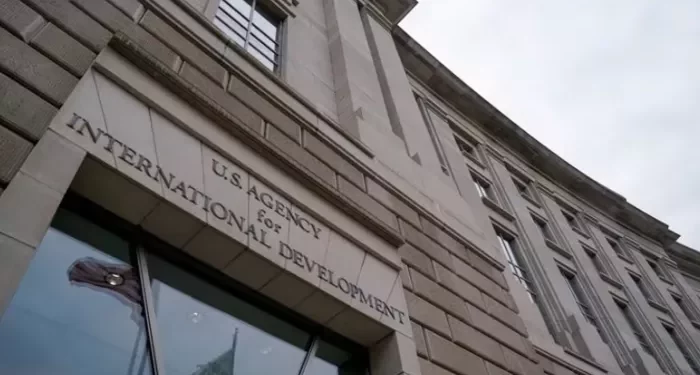Indonesia’s health initiatives in partnership with the U.S. Agency for International Development (USAID) are currently on hold, with no clear indication of whether the suspension will be permanent, the country’s health minister said Thursday, February 6.
This development follows reports that U.S. President Donald Trump’s administration is contemplating a major restructuring of USAID, potentially merging it with the U.S. State Department. The proposed changes aim to reduce the agency’s workforce and realign its funding with the “America First” policy.
A halt in U.S. foreign aid to Indonesia could complicate efforts to combat HIV and tuberculosis (TB), diseases that, as of 2023, surpassed COVID-19 to become the leading cause of infectious disease-related deaths globally.
“That is on hold. Not stopped,” Health Minister Budi Gunadi Sadikin told Reuters, referring to the suspension of USAID’s projects. “We don’t know if it’s confirmed to be erased or still under assessment,” he added, noting that more clarity could emerge within the next 90 days.
Since 2020, USAID has invested approximately $800 million in health programs in Indonesia, focusing on HIV and TB. However, Minister Sadikin pointed out that, beyond USAID, Indonesia also receives significant support from the Global Fund to Fight AIDS, Tuberculosis and Malaria, which counts the United States as its largest donor.
Requests for comment from both the U.S. embassy in Jakarta and USAID were not immediately answered.
Olivia Herlinda, a health analyst with the Center for Indonesia’s Strategic Development Initiatives, emphasized the serious consequences of the USAID freeze. “The impact is huge because USAID supports many health issues in Indonesia, including maternal and child health, TB, HIV, and pandemic preparedness,” she said.
In response, Indonesia has launched an ambitious nationwide health initiative. Starting February 10, the government will begin providing free health screenings to its citizens, with a budget of approximately 3 trillion rupiah (US$184 million). The screening program, which targets 220 million people this year, is expected to be the largest health initiative in the country’s history, surpassing even the COVID-19 vaccination campaign in scope.
According to data from the World Health Organization, Indonesia’s leading causes of death include stroke, heart disease, and TB, highlighting the urgency of the country’s health efforts.
Related topics



























